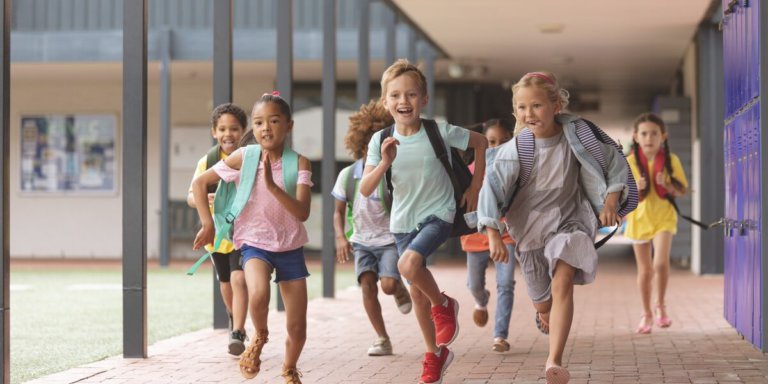
The theory of Pi. The Battle of Waterloo. The brotherhood between George and Lennie in Of Mice and Men. Primary and secondary school students are taught many things during their educational years in the UK, but there’s one integral factor that could be missing…
Labelled “fundamental” by the UK Education Secretary, Damian Hinds, independent thinking skills are a must, but they’re often overlooked.
“A good education is more than about the academics” and schools should also be a “preparation for life”, Hinds explains.
By instilling a true sense of independence in pupils, they end up much more prepared for life after school.
In support of launching workshops to teach teenagers life skills, such as managing money, dealing with conflict and sharing a house, Hinds believes students will start to feel confident in answering questions such as “What issues may occur living with a stranger?” or “What is the price of a litre of milk?”
Rather than being left to fend for themselves, the UK Education Secretary deems it necessary to equip the young minds of today with valuable advice and a lifelong appreciation of independent thinking.
Young people ‘need help with independence’ https://t.co/kjAv0nwxVt
— BBC Education (@bbceducation) July 10, 2019
How can teachers reinforce independent thinking skills?
By letting students teach:
By handing over the responsibility of the lesson to a student, teachers give their learners a chance to take charge and prove their independent thinking.
Increasing student input and initiative, the learner will have to create a lesson plan from scratch and present it to the class, encouraging project planning and public speaking skills.
By encouraging students to design an aspiration board
At a young age, many students may not know where they want to be in the future, but if they have a rough plan, they can design an aspiration board and present it to the class.
Once they’ve designed it, their fellow learners can help them map out a pathway and suggest tools that will help them get where they want to be.
For example, if one student hopes to become an engineer, they will have to research how to get to that stage. From university applications to actively searching for internships, they will familiarise themselves with the process and eventually, it will transition into reality.
By conducting guest talks
Having guest speakers in the classroom is a great idea.
One example would be a visit from a local bank manager or accountant, teaching students about the different types of bank accounts they can open in the future or what it means to pay taxes.
Questioning the guest speakers about inquiries they may have would encourage student engagement and answer any queries the teacher may not know the immediate answer to.

Readying students with the resources they need to become independent thinkers. Source: Shutterstock
Removing the barrier from the classroom to the real world with these techniques would lessen the fear surrounding reality and comfort the students from early learning stages, and independent skills would be regularly reinforced.
Liked this? Then you’ll love…
Creative ways to make math fun for K12 learners
3 ways teachers are integrating robotics and coding into the classroom







